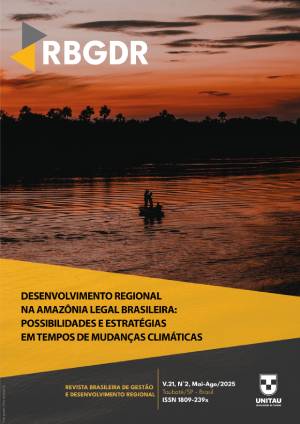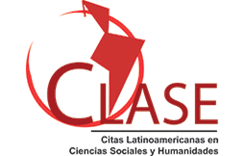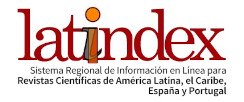BABASSU EXTRACTIVISM
ANALYSIS OF LOCAL ACTORS IN EXTRACTIVE ACTIVITY IN THE ESTATE OF TOCANTINS
DOI:
https://doi.org/10.54399/rbgdr.v21i2.7772Keywords:
Extractivism of babaçu., Extractive RESEX in the Far North of Tocantins., State of Tocantins., Family livelihood., Free babassu.Abstract
The objective of this study was to analyze the importance and challenges of the extractivist activity of babassu in the state of Tocantins, considering the analysis of local actors. It was characterized as qualitative research, with an exploratory, descriptive approach and content analysis technique, using social representations and free words association. The data was collected through interviews with 24 local actors, in the period from November/2023 and February/2024. It was utilized an inductor term: When you hear the phrase:“Babassu extractivism in the state of Tocantins” what are the first five words that come to mind? Research data were analyzed utilized the IRaMuTeQ software, which processed the following analyses: a) lemmatization of the content matrices; b) similarity analysis, using graphs; c) prototypical analysis. The results evidenced that, in the analysis of the frequency of words (f) and the Average Order of Evocation (OME), the predominant evocations were the terms: "family livelihood" (f=18 e OME=2,6), "sustainable utilization" (f=14 and OME=2.6), "resistance" (f=10 and OME=2.8), "preservation" (f=8 and OME=2.8), "extractivism" (f=8 and OME=2.2), "supplementary income" (f=13 and OME=3.5), "meeting needs" (f=13 and OME=3.3), "sustainable product" (f=10 and OME=3.3), "no access" (f=5 and OME=4.2) and "free babassu" (f=3 and OME=2.0). Babassu extractivism represents family livelihood, but the resistance of conflicts over free access and the preservation of babassu palm trees. It is concluded that, Babassu extractivism provides livelihood and income, but there are challenges such as bans on access to babassu groves and the lack of preservation of the palm trees.
Downloads
Metrics
Downloads
Published
How to Cite
Issue
Section
License
Copyright (c) 2025 Revista Brasileira de Gestão e Desenvolvimento Regional

This work is licensed under a Creative Commons Attribution-NonCommercial 4.0 International License.
Authors who have their papers accepted and published in the Brazilian Journal of Regional Management and Development must agree to the copyright policy CC BY https://creativecommons.org/licenses/by/4.0/.
If the article is accepted for publication, the copyright is automatically assigned to the Brazilian Journal of Regional Management and Development.


















